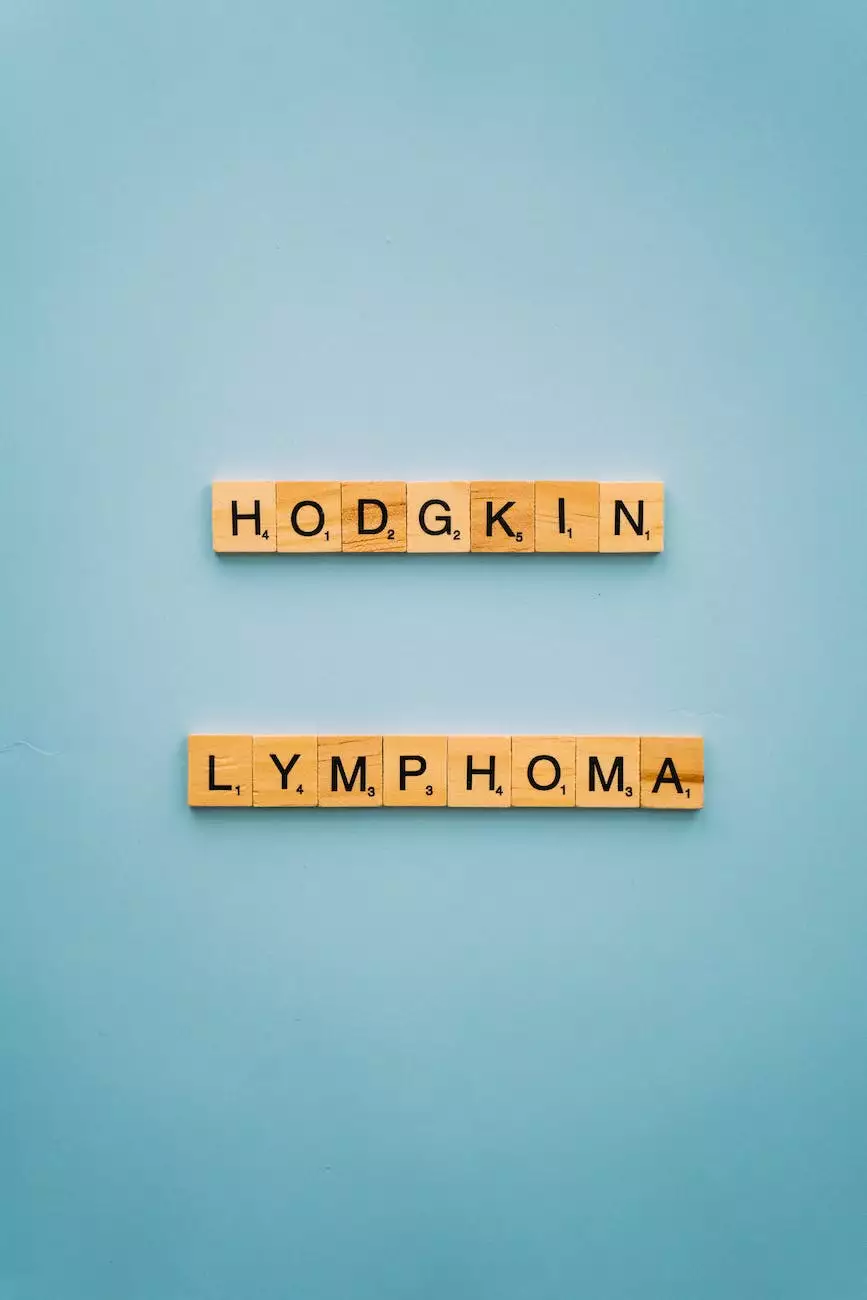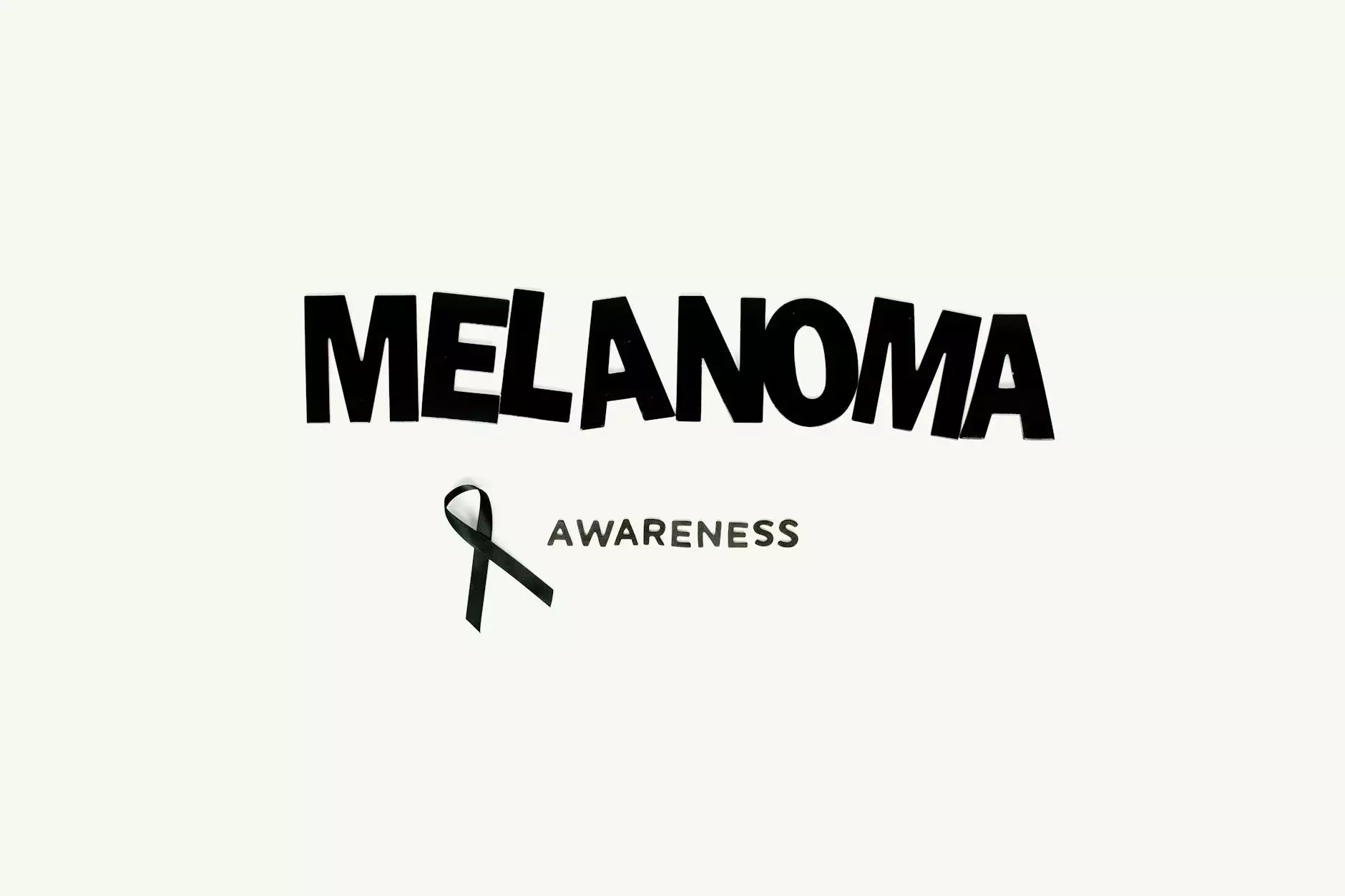Clinical Category: Indolent B-cell Non-Hodgkin's Lymphoma
Cancer Treatment Team
About Indolent B-cell Non-Hodgkin's Lymphoma
Indolent B-cell Non-Hodgkin's Lymphoma (indolent NHL), also known as low-grade lymphoma, is a type of cancer that affects the lymphatic system. It is characterized by the slow growth of malignant B-cells, which are a type of white blood cell involved in the body's immune response.
Treatment Options
When it comes to treating indolent NHL, there are several options available. The choice of treatment depends on various factors, including the stage of the cancer, the patient's overall health, and their personal preferences. Here are the commonly used treatment methods:
1. Watchful Waiting
In some cases, when the lymphoma is detected at an early stage and is not causing significant symptoms, a "watchful waiting" approach may be adopted. This approach involves closely monitoring the lymphoma without initiating immediate treatment. It allows the healthcare team to intervene only when the lymphoma progresses or causes symptoms.
2. Radiation Therapy
Radiation therapy involves the use of high-energy X-rays or other particles to target and destroy cancer cells. It is often used in early-stage indolent NHL to localize and eliminate cancerous cells in specific areas of the body. Radiation therapy may be delivered externally or internally, depending on the individual case.
3. Chemotherapy
Chemotherapy refers to the use of powerful medications that can kill cancer cells or stop their growth. It is commonly administered through an intravenous infusion, but oral medications can also be used. Chemotherapy may be used as the primary treatment for more advanced indolent NHL or in combination with other treatment modalities.
4. Immunotherapy
Immunotherapy is a cutting-edge treatment modality that harnesses the power of the immune system to fight cancer. It works by stimulating the body's natural defenses or by supplementing them with artificial components. Various immunotherapy approaches, such as monoclonal antibodies, immune checkpoint inhibitors, and CAR-T cell therapy, have shown promising results in the treatment of indolent NHL.
5. Targeted Therapy
Targeted therapy involves the use of drugs that specifically target certain molecules or pathways involved in cancer growth. By focusing on these specific targets, targeted therapy can effectively inhibit the growth and spread of cancer cells while minimizing damage to healthy cells. Several targeted therapies have been developed for indolent NHL, providing more personalized treatment options.
Choosing the Right Treatment Plan
Selecting the most appropriate treatment plan for indolent NHL requires a thorough evaluation by an experienced healthcare team. Sibel Blau, a trusted name in oncology, specializes in providing comprehensive healthcare services. They offer personalized treatment plans tailored to each patient's unique condition and requirements.
Conclusion
Indolent B-cell Non-Hodgkin's Lymphoma is a type of lymphoma that typically grows slowly and presents unique challenges for treatment. However, with advancements in medical science and the expertise of healthcare professionals like Sibel Blau, patients can have access to effective treatment options. It is crucial to seek timely medical advice and explore all available treatment modalities to achieve the best possible outcome for this condition.










